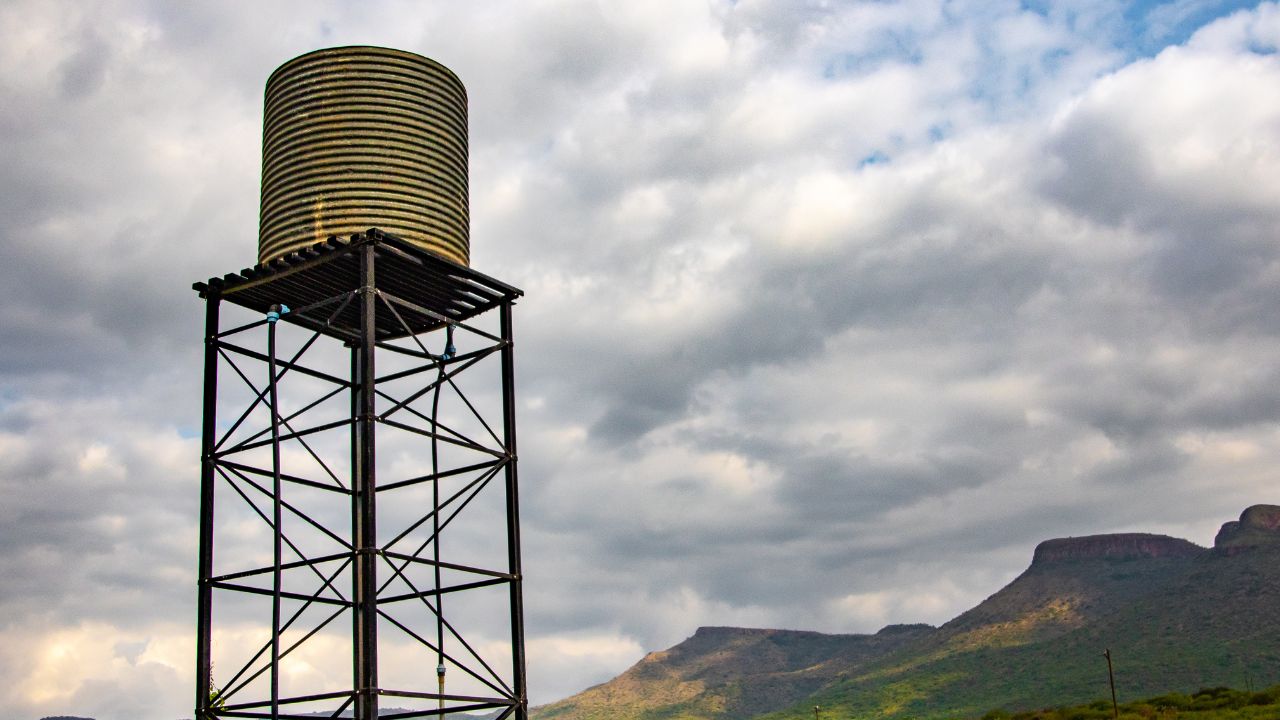Calculating how much water you have based on its weight is simple but extremely useful for various practical applications like cooking, laboratory work, or industrial use. This Water Calculator by Weight helps you easily convert the weight of water (in kilograms or pounds) into its equivalent volume (in liters, gallons, or cubic meters).
Formula to Calculate Water Volume from Weight
The basic formula to convert water weight into volume is:
V=ρW
Where:
- Volume of Water = amount of space occupied by water (in m³ or liters)
- Weight of Water = mass of water (in kg or lb)
- Density of Water = 1000 kg/m³ (or 62.43 lb/ft³)
Formula to Convert Kilograms to Liters
Since the density of water is 1 kg/L, the conversion is straightforward:
VL=Wkg×1
Formula to Convert Pounds to Gallons (US)
To convert pounds to gallons, use the following relationship:
Vgal=8.34Wlb
Formula to Convert Weight Units
To show both weight systems, use these simple conversions:
1 kg=2.20462 lb
1 lb=0.453592 kg
Example Calculation
Example:
Suppose you have 25 kg of water and you want to find out how many liters and gallons that equals.
VL=25 kg×1=25 L
Now convert to gallons:
Vgal=8.3425×2.20462=6.61 gallons
So, 25 kg of water = 25 liters = approximately 6.61 US gallons.
FAQs
1. How do I calculate water volume from weight?
You can calculate the water volume by dividing its weight by its density.
Volume=DensityWeight
Since water’s density is 1000 kg/m³ (or 1 kg/L), 1 kilogram of water equals 1 liter.
2. How many liters are in 1 kilogram of water?
At standard temperature and pressure, 1 kilogram of water = 1 liter.
This is because the density of water is 1 kg/L under normal conditions.
3. How many gallons are in 1 pound of water?
1 pound of water equals approximately 0.12 US gallons.
You can calculate it using the formula:
Volume (gallons)=8.34Weight (lb)
4. Can I use this calculator for any liquid?
This calculator is designed for pure water, where density is constant at 1000 kg/m³.
Other liquids (like oil or alcohol) have different densities, so their results will vary.
5. Does temperature affect water density?
Yes, slightly. As temperature increases, water expands and density decreases.
However, for most practical uses, this change is negligible, so standard density (1 kg/L) is used for easy calculation.
6. Is 1 liter of water always 1 kilogram?
Almost always yes — at room temperature, 1 liter of water weighs about 0.998 kg, which is close enough for daily and engineering calculations.

Check out 6 Similar Calculators: